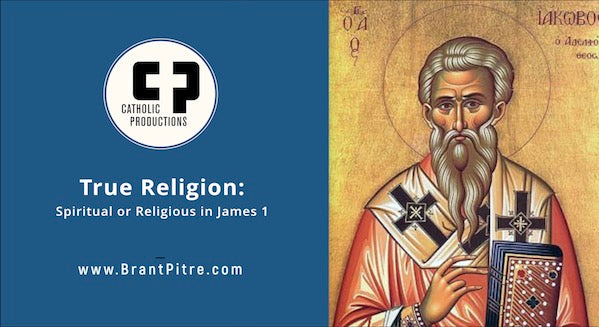Cleared up many things.
I just started this and find it very interesting. Very basic theology which I need for this particular book of the Bible. I recommend it.
The Mass Explained + The Mass Readings Explained <Main Product>
Great in depth study of Sunday readings! I wish he had the daily mass readings also since there is so much detail in each of these videos.







